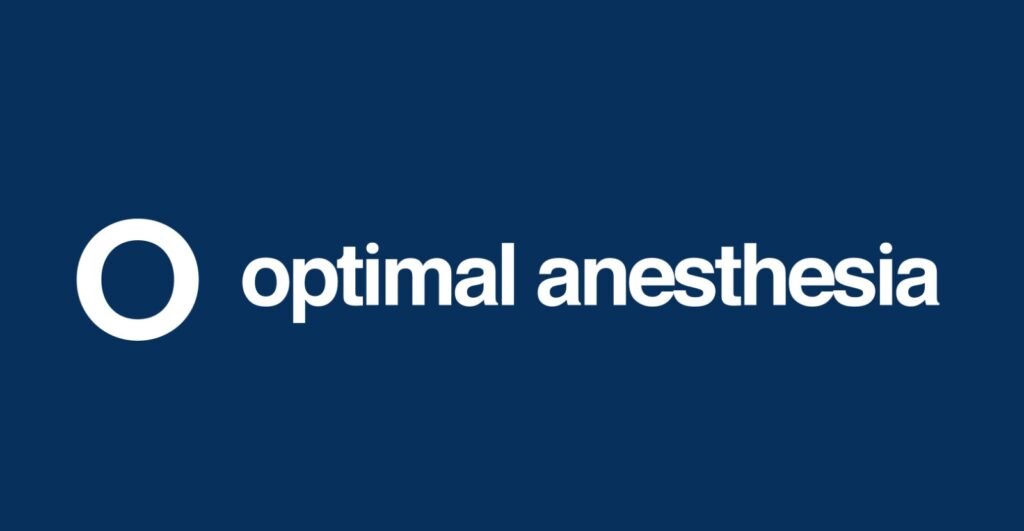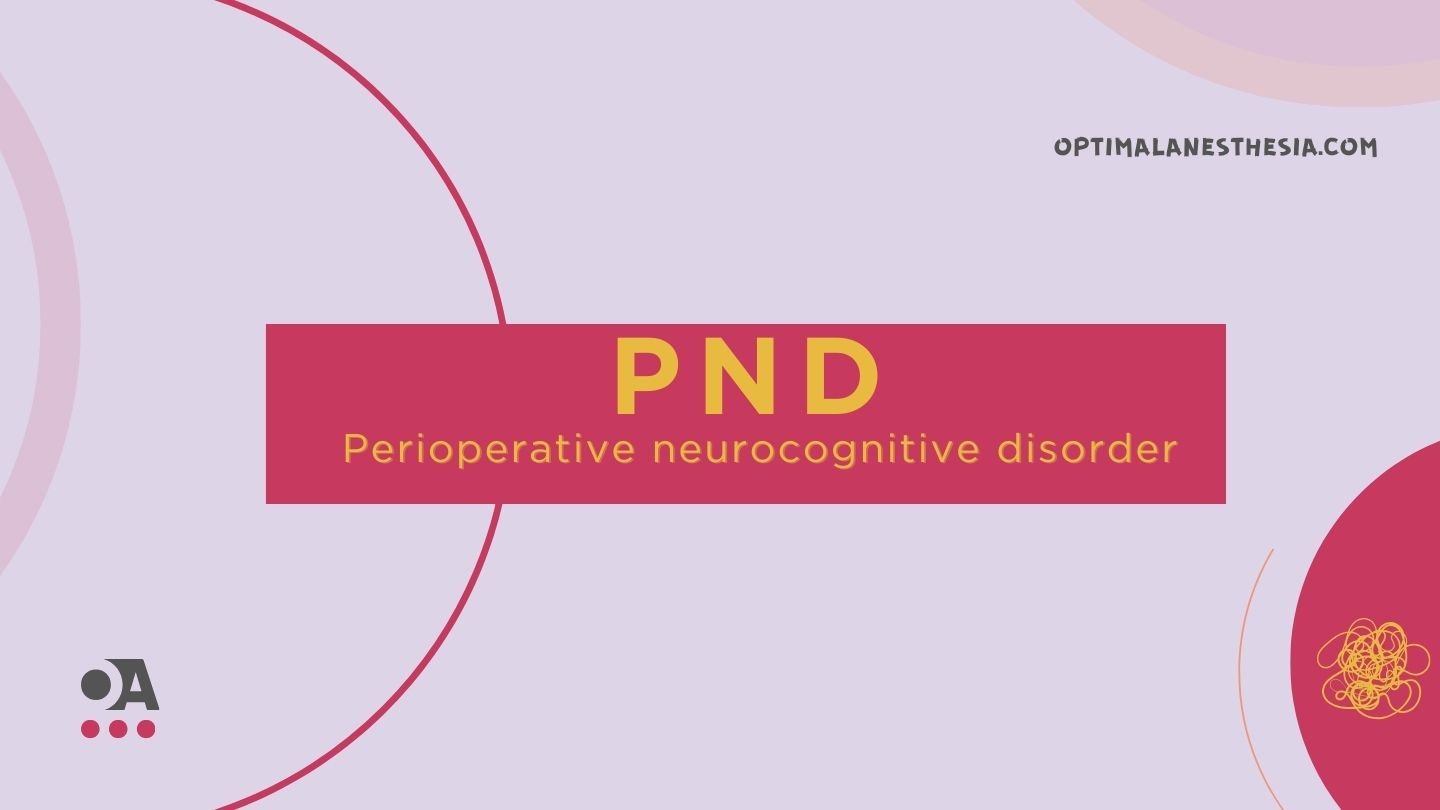RAPID SEQUENCE INDUCTION AND INTUBATION
Introduction: History of RSI: RSI, or Rapid Sequence Intubation, is a technique developed to secure the airway quickly in situations where the risk of aspiration is high. The concept was introduced in the 1970s to address the potential for regurgitation and aspiration during intubation. RSI involves rapid administration of an induction agent followed by a … Read more




